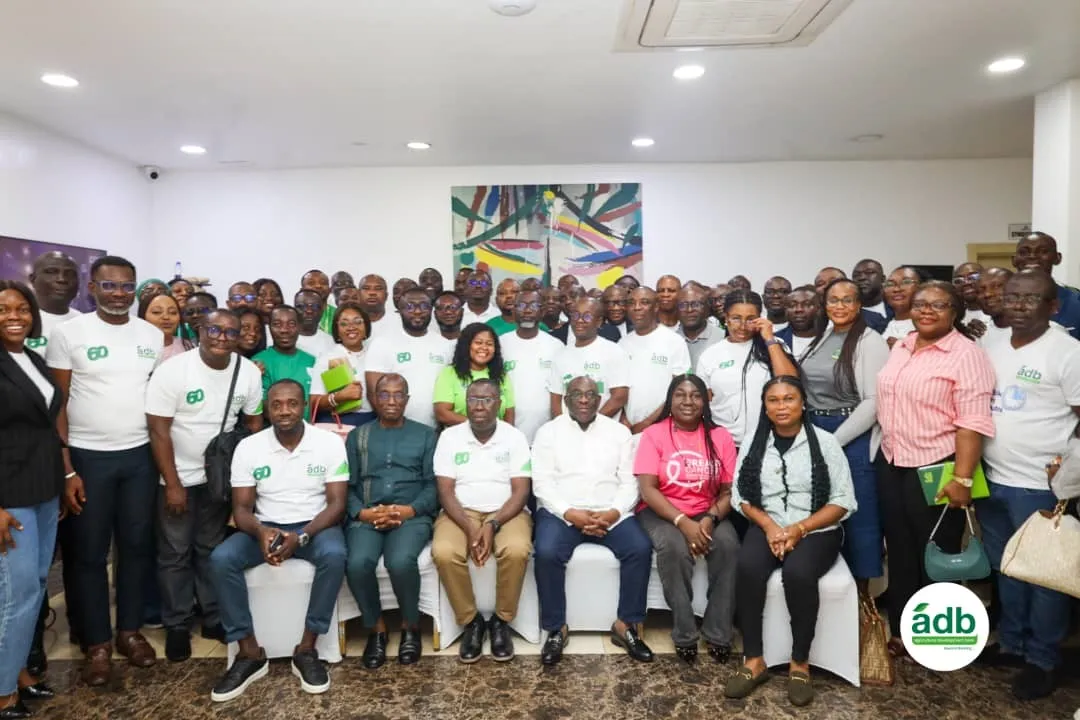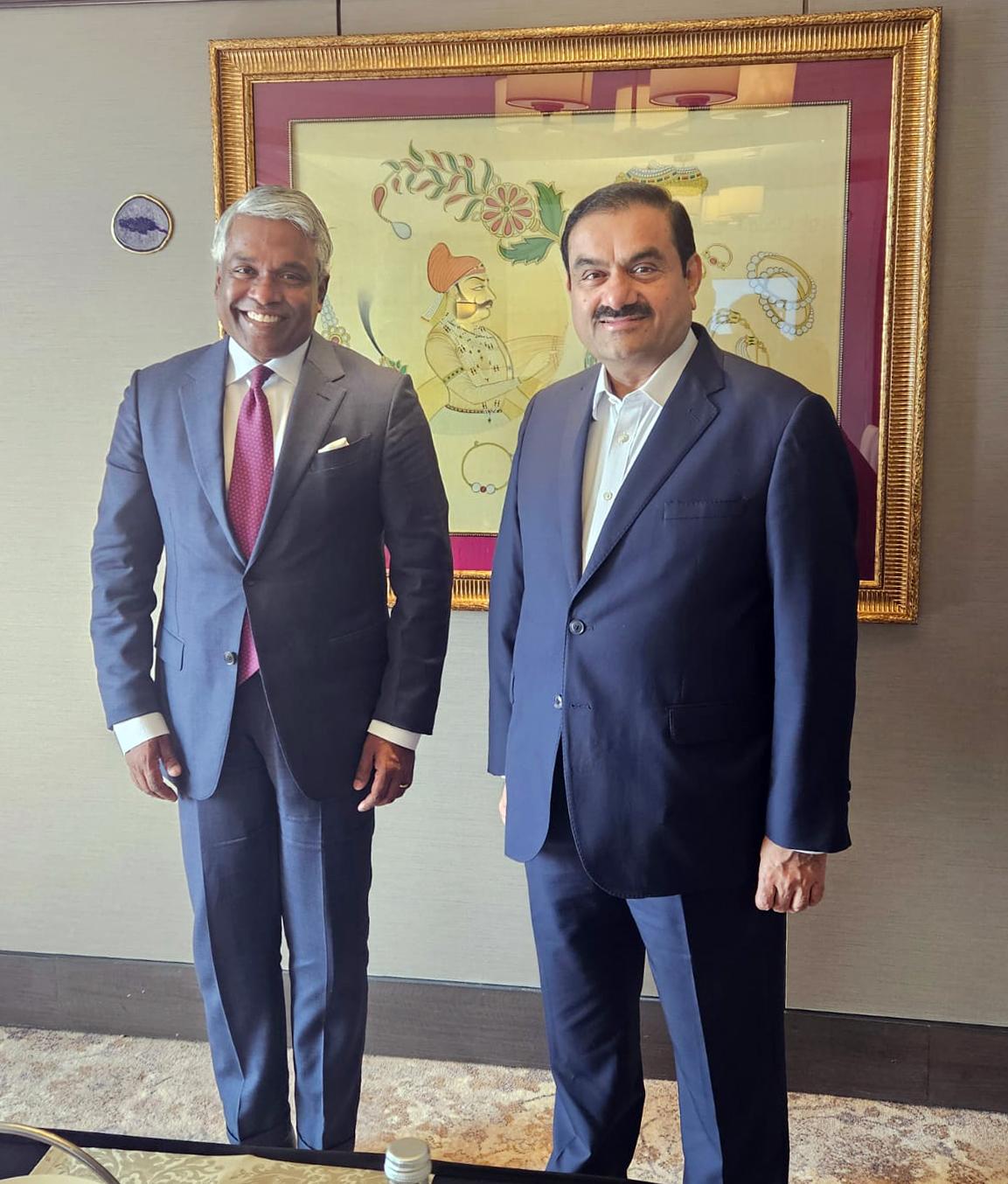Copyright forbes

Selective colleges want students who still know how to show up, serve others, and make a human impact. In a recent essay, organizational psychologist Adam Grant wrote, “The biggest problem with AI companions is not that they’re sycophants. It’s that the interactions they manufacture are one-sided.” His point resonates far beyond our relationship with technology. After more than a decade guiding students through the college admissions process, I’ve watched this dynamic become more noticeable: students who can articulate empathy but struggle to experience it in real time, who can write eloquently about leadership but feel paralyzed when faced with genuine collaboration. If empathy can be simulated but not shared, what happens to a generation of teens whose relationships are increasingly mediated by machines? As Grant notes, seventy-two percent of teenagers report using an AI companion, and nearly a third find it as satisfying, or more satisfying, than human interaction. That data should concern every parent and educator. We’re raising students fluent in conversation but starved for reciprocity. The Analog Advantage Admissions officers are noticing. Amid thousands of essays polished by AI and resumes filled with “digital innovation,” what still shines is initiative. More specifically, colleges want to see students with the courage to engage in ways that require presence and patience. As Kylie Dowling, Senior Private Counselor at Top Tier Admissions and former Director of Recruitment for Johns Hopkins University, explains, “We’re entering an era when colleges will look less for perfect phrasing and more for genuine initiative. It’s not enough anymore to describe a passion or value; admissions readers are looking for evidence of how students have translated those words into impact.” MORE FOR YOU A student who organizes a neighborhood cleanup after a summer storm, coaches differently-abled athletes on a Special Olympics basketball team, builds raised garden beds for a senior center, tutors recent immigrants in English on Saturday mornings, or volunteers weekly at a food pantry demonstrates something no algorithm can replicate: the human capacity to care, to compromise, and to commit. These “analog” actions take time. They create accountability. And they reveal character. Colleges are asking applicants explicitly for anecdotes that reveal these qualities. Princeton University, for instance, invites applicants to reflect on their “responsibility to society through service and civic engagement,” while Dartmouth College quotes labor leader and civil rights activist Dolores Huerta, urging students to “use our lives to make the world a better place to live, not just to acquire things.” In both prompts, the message is clear: the most compelling applications don’t showcase perfection; they reveal participation. The act of showing up for others becomes a quiet but powerful credential in itself. What they’re not asking for, but too many students still default to, is performative service: founding a nonprofit to “raise awareness” in another country, running a passive fundraiser that requires no real contact with the people it claims to help, or racking up a hundred volunteer hours across half a dozen organizations with no continuity or genuine connection. Those efforts may look impressive on paper, but rarely cultivate the reciprocity that real service demands. When there’s no shared experience, no vulnerability exchanged, even the best intentions yield diminishing returns. The Human Need to Be Needed Grant’s insight gets at something we have always known intuitively: human beings are wired not only to feel valued but to add value. We need to matter and to contribute. AI can flatter and advise, but it cannot need us. And without need, there is no genuine exchange, no growth, no shared meaning. Grant makes the case for why this quality has become so rare and so valuable: Extensive research shows that a sense of contribution is vital to our happiness, health, and success. It’s a big part of the meaning that comes from raising kids and the joy that comes from caring for pets. There’s even evidence that giving support is a better predictor of longevity than receiving it—and that elderly people live longer if they’re randomly assigned to responsibilities like caring for a plant. In healthy relationships, we give as much as we receive. In AI exchanges, we can receive endless streams of information and affirmation, but we have nothing to give back. No matter how good large language models become at simulating care, they’ll never substitute for real relationships, because they have no needs to care for." Likewise, Dowling notes how we can see this play out in college admissions, “AI has changed how students approach their work, but it can’t replicate the experiences that shape genuine character. Colleges are looking for evidence of students who have acted on their curiosity, shown empathy in their communities, and demonstrated commitment beyond what a tool can generate.” The students who distinguish themselves in selective admissions aren’t just those who rack up credentials. They’re the ones who have shown initiative born of empathy, not ambition alone. Mattering as the Measure of Impact In the midst of this conversation about analog fluency, the work of author Jennifer Wallace and The Mattering Movement offers a clarifying insight. Wallace’s framework suggests that a key driver of student stress and anxiety is an unmet need to feel that they matter: to be valued for who they are and to believe they can make a meaningful difference to others. Wallace’s model challenges achievement culture head-on. Winning leadership roles is less important than ensuring that those around us feel they matter because of our effort. When students describe their work through that lens, showing not only what they achieved but whom they lifted, admissions readers take notice. And as adults—parents, educators, college counselors—we have a role to play, too. We can model what it means to matter by celebrating not just our students’ outcomes, but their acts of presence: the times they showed up, stayed curious, and made others feel valued. When we reward those moments with the same enthusiasm we reserve for test scores or college acceptances, we teach them that mattering is not the opposite of achievement, it’s the foundation of it. The Human Edge in a Synthetic Era Selective colleges today are looking for “proof of participation.” They want evidence that an applicant can move from passive learning to active service, from information consumption to contribution. In a world where digital fluency is assumed, analog fluency, the ability to show up, sustain relationships, and make others better, has become the skill that carries the biggest impact. And as Dowling emphasizes, “In real life, that doesn’t have to mean founding a nonprofit, launching a startup, or curing a mysterious disease. It might look like tutoring classmates after school, turning a personal challenge into advocacy, or finding creative ways to keep community programs running during uncertain times. Colleges notice those ‘little’ moments when students step up, not because it looks good on an application, but because they care.” In the end, even when a student’s initial impulse to serve is motivated by the college admissions process, the experience itself rarely remains transactional. Showing up for others has a way of reshaping intent. What begins as an effort to stand out often becomes an experience of genuine connection—a recognition, as Wallace describes, that one’s presence makes a difference. In that transformation lies the real reward: the discovery that mattering isn’t a line on the Common Application, but a lived exchange of care and purpose. That lesson should define the next era of college admissions. In the age of AI, the ultimate differentiator won’t be technological mastery, it will be human reciprocity. Editorial StandardsReprints & Permissions



